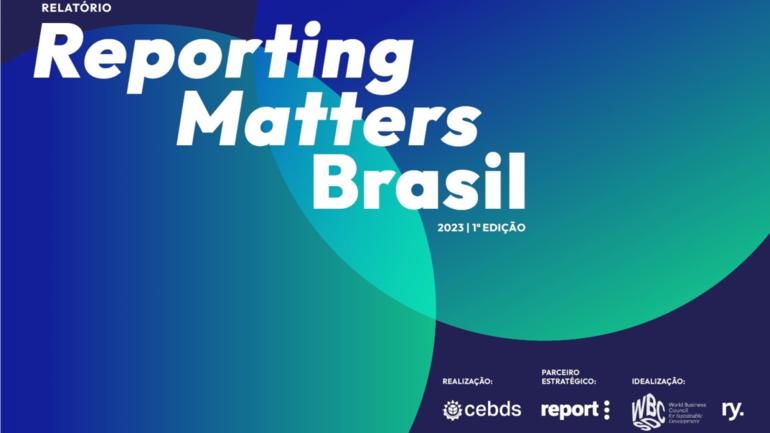New Delhi and Geneva, 26 August 2019: Today, the World Business Council for Sustainable Development (WBCSD) and the CII-ITC Centre of Excellence for Sustainable Development (CII-CESD) published an issue brief focused on India’s latest developments and evolving requirements on business and human rights.
In India, expectations of corporate social responsibility have greatly evolved over the last decade, from philanthropy to integrating the interest of business with that of the communities in which it operates. This brief provides WBCSD member companies with operations and business relationships in India with an understanding of the local business and human rights landscape and of stakeholders’ expectations and requirements towards them.
It does so by exploring two recent developments expected to shape how business conducts itself in relation to human rights in India - namely the recently released National Guideline on Responsible Business Conduct (NGRBC) and the Government of India’s commitment to develop a National Action Plan (NAP) on Business and Human Rights by 2020.
In December 2018, the Indian Government presented the ‘Zero Draft’ of a National Action Plan (NAP) on Business & Human Rights, thereby kick-starting a national dialogue within Government and with stakeholder – including business – to develop a NAP by 2020.
At the same time, India released its National Guidelines on Responsible Business Conduct (NGRBC) - a set of nine principles intended to make more responsible and accountable. The NGRBC urges companies to conduct business responsibly and sustainably and to encourage and support their suppliers, vendors, distributors, partners and other stakeholders to adopt the guidelines. Among other national and international developments, the NGRBC builds on the Sustainable Development Goals (SDGs) and the UN Guiding Principles on Business and Human Rights (UNGPs), applying them to the Indian context.
The issue brief also highlights current reporting requirements as well as human rights-related legislation that Indian and foreign companies doing business in India need to consider.
Kitrhona, Cerri, Director of Social Impact at WBCSD: “By proactively understanding and addressing their human rights impacts, companies can bring transformative, positive change to the lives of millions of people who are affected by business operations. Advancing respect for human rights as a key to achieving the SDGs by putting people first.”
Joe Phelan, Director, WBCSD India: “India’s economy is growing fast, and national and international business activity along with it. Embedding corporate respect for human rights will underpin growth that is inclusive and lasting, enhancing India’s competitiveness.”
Sachin Joshi, Chief Operating Officer, CII-CESD: "Taking a rights-based approach in business decision-making is necessary for business leaders to mitigate the cyclical risks inherent to neo-capitalism and to maximize the value created for a broader set of affected stakeholders."
CII-CESD is the Indian partner of WBCSD’s Global Network, an alliance of more than 60 CEO-led business organizations worldwide. The Network, encompassing some 5,000 companies, is united by a shared commitment to provide business leadership for sustainable development in their respective countries and regions.
More information
- Download the issue brief – Business & human rights ambitions and actions in India: A primer for WBCSD members
Contact points
- Davide Fiedler, Manager, Social Impact, WBCSD
- Joe Phelan, Director, WBCSD India








